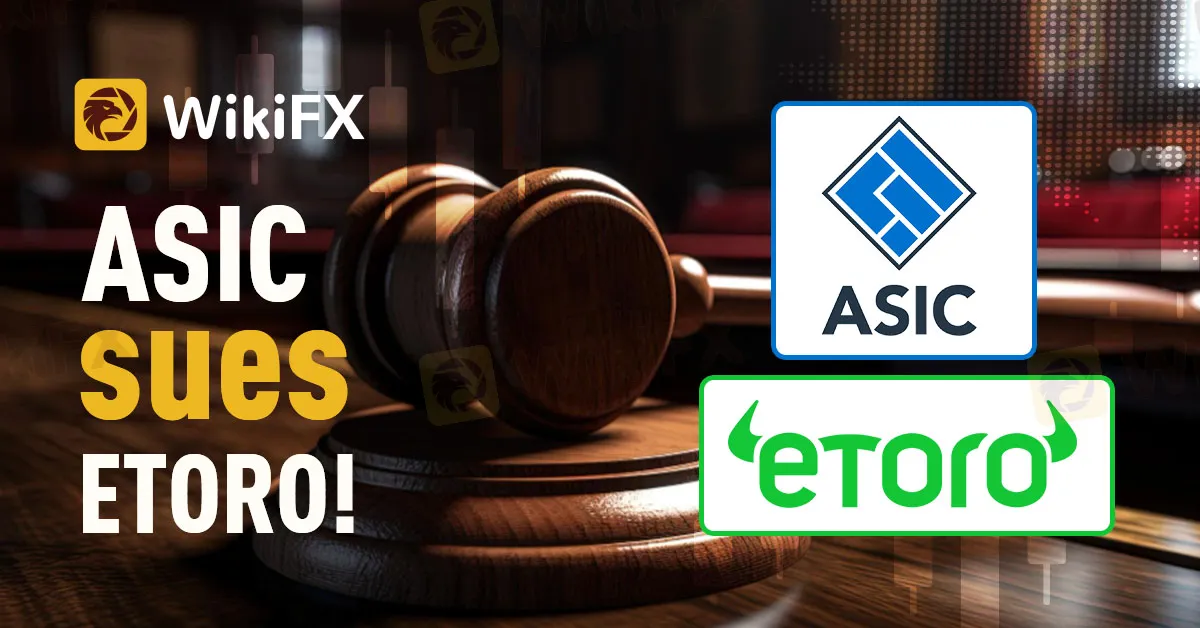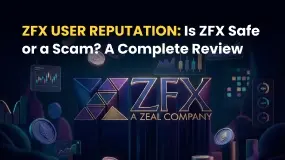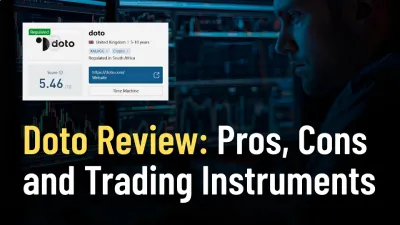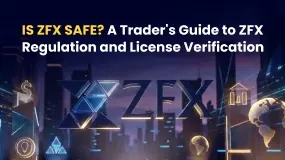Abstract:ASIC has taken legal action against eToro Aus Capital Limited (eToro), an online investment platform, in the Federal Court.

ASIC has taken legal action against eToro Aus Capital Limited (eToro), an online investment platform, in the Federal Court. The proceedings are focused on eToro's contract for difference (CFD) product, with ASIC alleging breaches of design and distribution obligations and eToro's license obligations to act efficiently, honestly, and fairly.
The crux of the case revolves around the suitability of eToro's target market for the CFD product and the screening test used to assess whether retail clients fell within that target market. ASIC contends that eToro's target market was excessively broad for such a high-risk and volatile trading product, where most clients end up losing money. Additionally, the regulatory body deems the screening test to be inadequate in evaluating whether a retail client is likely to be part of the appropriate target market.
ASIC further argues that eToro's conduct likely exposed a significant number of retail clients to the CFD product, which did not align with their investment objectives, financial situation, and needs, resulting in a substantial risk of consumer harm. The allegations are supported by evidence showing that between October 2021 and June 2023, nearly 20,000 of eToro's clients incurred losses while trading CFDs and eToro's website itself acknowledges that 77% of retail investor accounts lose money when trading CFDs with the platform.
Sarah Court, Deputy Chair of ASIC, emphasized the importance of narrowly defining CFD target markets due to the substantial risk of clients losing their deposited funds. The design and distribution regime mandates that CFD issuers comply with specific requirements and refrain from reverse engineering their target markets to fit their existing client bases.

The allegations against eToro include claims that its CFD target market was overly broad and that the screening test was too lenient, allowing clients with inadequate risk tolerance and knowledge to be part of the target market. eToro's alleged failure to ensure that its financial services were provided efficiently, honestly, and fairly by using the screening test to assess the appropriateness of the CFD product for retail clients is also a key contention.
ASIC expressed disappointment over the alleged lack of compliance in this case, considering eToro's extensive market presence and brand awareness both in Australia and globally.
The regulatory body seeks declarations and pecuniary penalties from the Court and has scheduled the first case management hearing date to be determined.
Background information reveals that a CFD is a leveraged derivative contract that enables clients to speculate on the changes in the value of underlying assets such as foreign exchange rates, stock market indices, equities, commodities, or cryptocurrencies.
ASIC has previously taken administrative action against other firms to protect consumers from high-risk CFD trading unsuitable for their financial circumstances.
The design and distribution obligations (DDO) require firms to design financial products that meet consumer needs and distribute them in a targeted manner, with a target market determination being a crucial requirement under DDO. This determination outlines the class of consumers for whom a financial product is appropriate (target market) and relevant distribution and review details.
ASIC's Moneysmart initiative provides Australians with trusted tips, tools, and guidance to support everyday money decisions and offers further information about the risks and complexities of CFD trading.











